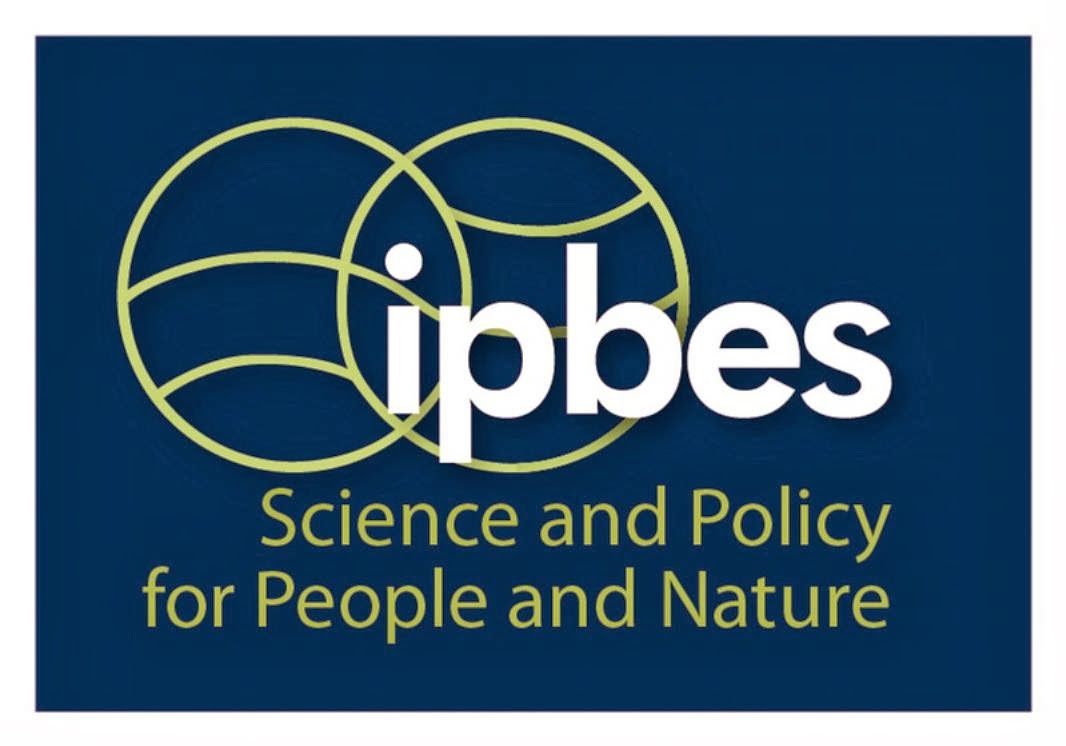From 9-14 December 2013, the second session of the Plenary of the Intergovernmental Science-Policy Platform on Biodiversity and Ecosystem Services (IPBES-2) met in Antalya, Turkey. The objective of the platform is “to strengthen the science-policy interface for biodiversity and ecosystem services for conservation and sustainable use of biodiversity, for long-term human well-being and sustainable development”.
Within the final decision of the Platform “The Antalya Consensus” was adopted by delegates, this includes the following:
- A work programme for the period 2014-2018;
- Three task forces on capacity building, Indigenous and local knowledge systems, and knowledge and data;
- Development of a guide for the production and integration of sub-regional and regional assessments;
- Methodological assessments on: pollination and pollinators associated with food production; scenario analysis and modelling of biodiversity and ecosystem services; the conceptualisation of values of biodiversity and nature’s benefit to people; and thematic assessments on land degradation and restoration, invasive alien species, and the sustainable use and conservation of biodiversity; and
- Rules and procedures for the Platform including the nomination of future Multidisciplinary Expert Panel members.







